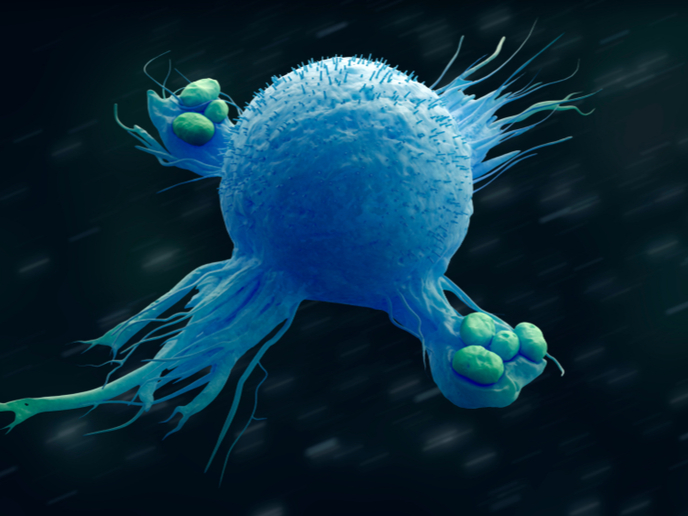For successful human gene therapies
While non-viral therapies are cheaper and easier to develop and maintain than viral therapies, the associated biotechnology used is still unable to meet its purposes. The key issues concern the effective delivery of DNA to the nucleus of the target cell along with its full integration and high expression in the host cell nuclei. The shortcomings of the current methods consist of the great size constraints they exhibit that make the integration of the episomal DNA ineffective. Additionally, they are only produced on a small scale. To answer these needs, new episomal vectors have been developed that are able to safeguard the stability and the efficiency of the episomal DNA, and thus to assure the effectiveness of therapies. The research activities employed various techniques, including recombinases, transposase or satellite DNA, for testing the efficient and stable integration of the episomal DNA in the host genome. These showed that the use of minos transposase is capable of greatly enhancing the integration in the host cultured cells. Furthermore, its existence, but so far unconfirmed reintegration, in the DNA of mice can lead to the development of new means for functional genomic therapies in mammals. The developed episomal vector is an Epstein Barr virus replicon based vector that has been proven to be stable on the long term. Moreover, it was found that it expressed high levels of beta globin even in the absence of drugs. Since the size of beta globin gene respective to the required regulatory region, is primarily responsible for the effective viral delivery, this discovery is anticipated to affect both the viral and non-viral treatments of the hemoglominopathies, such as cell anaemia and thalassaemia.







